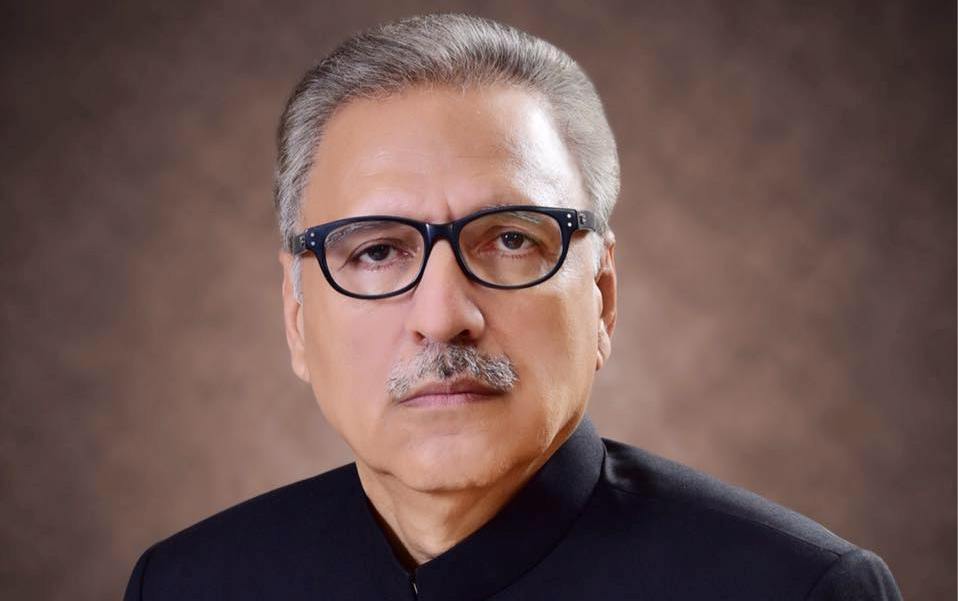Pakistan’s leading think tank ‘Sustainable Development Policy Institute’ (SDPI) and Greenpeace East Asia (GPEA), China and All-China Env
ironment Federation (ACEF) have agreed to promote green Belt and Road Initiative (BRI) policy and practices and improved communication between Chinese overseas projects with local stakeholders in Pakistan. They will facilitate implementation of higher Env
ironment Social Governance (ESG) standards in Chinese Overseas Projects in Pakistan.
Greenpeace East Asia (GPEA) is an independent, nonprofit, global campaigning organizatio
n and All-China Env
ironment Federation ACEF is a nationwide non-profitable civil society organization (CSO)
in the field of env
ironment. A delegation from GPEA and ACEF recently visited SDPI to have a face-to-face talk with local stakeholders.
Executive Director SDPI Dr Abid Qaiyum Suleri said the purpose of this collaboration with Chinese research institutes is to bridge the research communication gap between the two countries, especially
in the areas of CPEC, energy and climate change. He said language is a major barrier in terms of research and publications, which can be bridged through translatio
n of work in both countries. SDPI offered solutions on issues around CPEC, debt trap, trade and climate change. These are the areas where collaboration with Chinese think tank and civil society organizations can be fruitful. The way Chinese is leading the env
ironmental conservatio
n and climate negotiation, after backing out of Trump administration from the Paris-Agreement, is commendable, he remarked.
Ms. Li Ai Project lead, Greenpeace East Asia (GPEA) said GPEA is working on fighting climate change, stop toxic pollution, ensure food security and defend the oceans. She said GPEA with the help of its partners is helping the Chinese government in promoting sustainable green development
in their energy infrastructure projects, especially
in the BRI projects. For that in 2018, GPEA and ACEF jointly initiated the ‘Green Belt and Road Env
ironment Leadership’ project to promote the communication of green BRI policies and ESG implementation in Chinese overseas projects.
Dr. Mahmood A. Khwaja, Senior Advisor Chemicals said SDPI explored the possibility of joint research proposals and programs
in the areas of climate change, clean energy, env
ironmental assessment of CPEC projects, sustainable development (inclusive growth), Chinese overseas investment, Sustainable Development Goals (SDGs) and env
ironmental cha
llenges including air pollution.
Wang Jiajia, Project coordinator (ACEF) said ACEF with its network of local civil society organization is promoting social env
ironmental protection rights of the public and sustainable development in different Chinese projects in China and BRI countries. He said green BRI projects can help promote sustainable development
in the regio
n and the globe.
Dr Vaqar Ahmed, Joint Executive Director, SDPI said Pakista
n and China has signed revised Free Trade Agreement (FTA), which not only liberalizes more tariff lines for both countries but also there is provision for env
ironmental goods. This shows that both countries respecting the natural resources and env
ironmental endowments
in the region. He said SDPI has established a dedicated unit of China Study Center to help the government on both side in providing research support to promote green development in CPEC and BRI projects.











